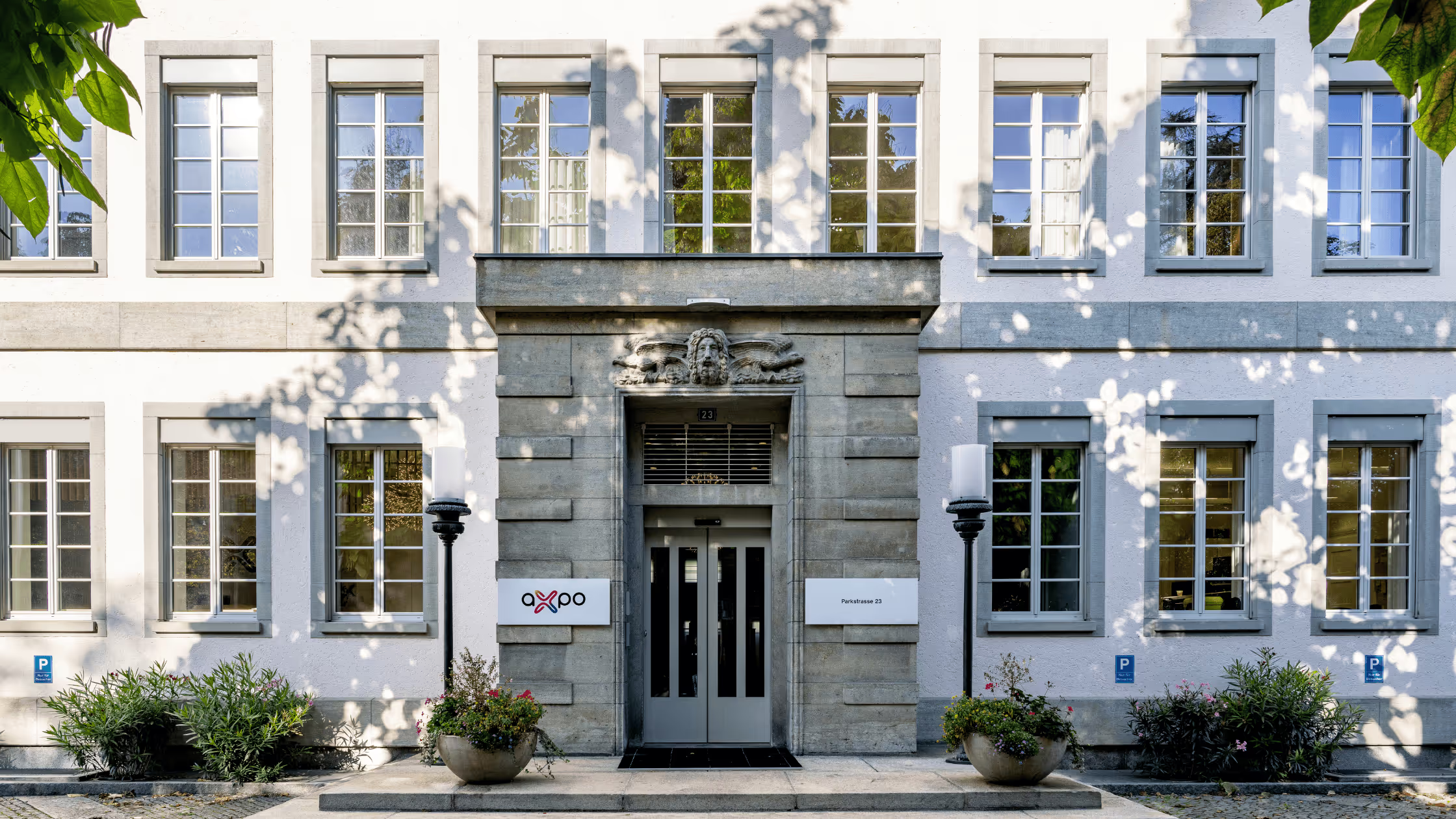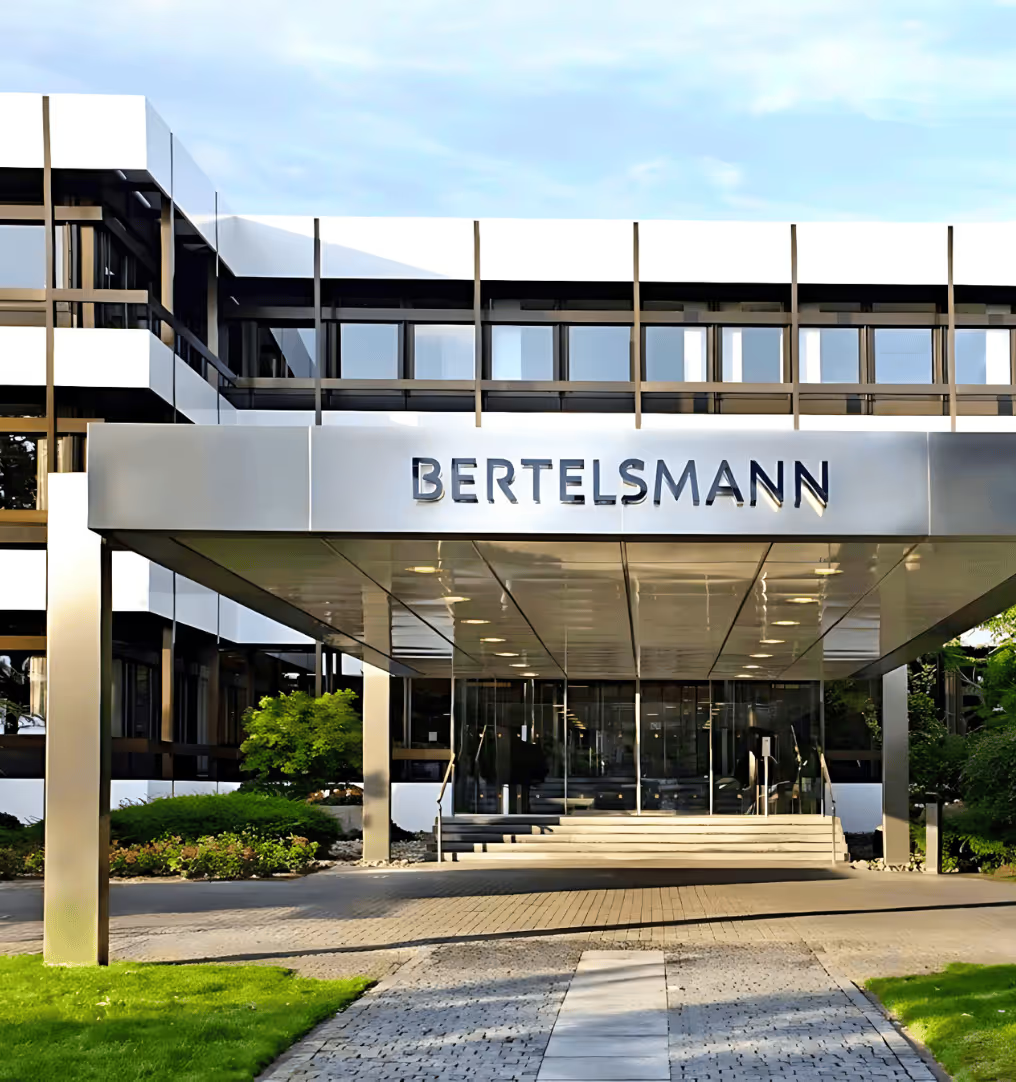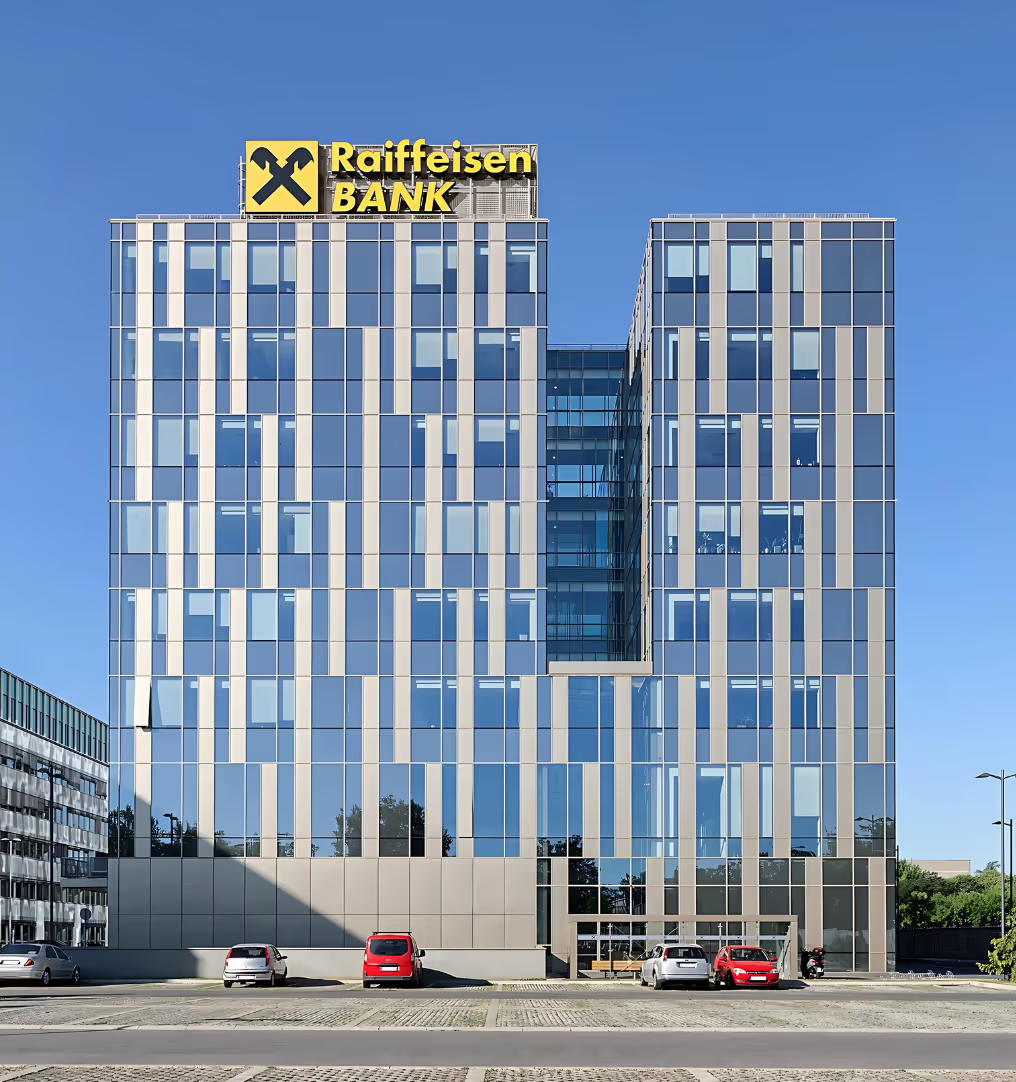Sourcing and Procurement Transformation Strategy Consulting Services

Introduction
Procurement has changed a lot over the years. What was once a behind-the-scenes job focused on cutting costs and managing suppliers is now a key part of a successful business. It plays a big role in driving growth, supporting sustainability, and shaping company strategies.
With supply chain disruptions and the growing focus on sustainable practices, procurement has become more important than ever. It’s no longer just about buying goods and services. It’s about building strong relationships with suppliers, using smart tools like AI and data analytics, and creating supply chains that can handle market changes.
Businesses see how smart procurement strategies can open up new opportunities, reduce risks, and bring long-term benefits. This shift is changing how companies approach procurement, making it a central part of their success.
In this blog, we’ll take a closer look at why procurement is so important today, how it has evolved, and how you can make it work for your business and support sustainable growth in a competitive world.
Growing Importance Of Procurement Transformation
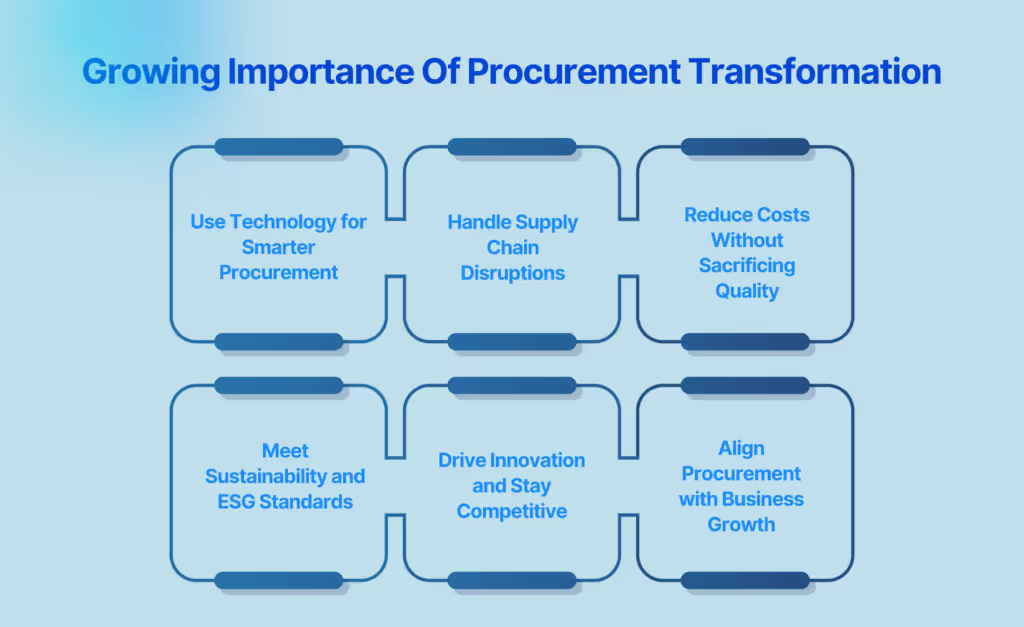
Here are several factors that contribute to the growing importance of procurement transformation -
- Use Technology for Smarter Procurement: Adopt AI, machine learning, and blockchain to analyze data, predict trends, and automate tasks. Improve efficiency, cut costs, and strengthen supplier relationships.
- Handle Supply Chain Disruptions: Manage risks, find backup suppliers, and boost transparency to stay resilient against crises like pandemics and political instability.
- Reduce Costs Without Sacrificing Quality: To secure long-term savings, optimize procurement with strategic sourcing, supplier tracking, and category management.
- Meet Sustainability and ESG Standards: Work with ethical suppliers and integrate ESG principles to meet regulatory and customer demands.
- Drive Innovation and Stay Competitive: To stand out in the market, collaborate with suppliers, adopt new technologies, and introduce unique products.
- Align Procurement with Business Growth: Make procurement a key strategy to expand your market, increase revenue, and improve operations.
Now that you see why procurement transformation is so important, let’s explore the key elements of a strategy to make it work for your business.
Also Read: Essential Procurement KPIs & Metrics to Measure in 2025
Key Elements Of Procurement Transformation Strategy Consulting Services
Below are the key elements of procurement transformation strategy consulting services:
1. Digital Transformation and Automation
- Technology Integration: To simplify and improve procurement workflows, use advanced tools such as AI, machine learning, robotic process automation (RPA), and blockchain.
- Procure-to-Pay (P2P) Automation: Automate everything from purchase orders to payments, making processes faster and more accurate.
- Data Analytics and Insights: Use big data and predictive analytics to make better real-time decisions and find hidden cost-saving opportunities.
2. Strategic Sourcing and Category Management
- Category Strategy Development: Create specific plans for managing procurement categories to get the best results from spending and supplier performance.
- Supplier Market Intelligence: Understand supplier markets better to identify opportunities for cost reduction and stronger negotiations.
- Strategic Sourcing: Use structured and competitive processes to find and choose the best suppliers.
3. Supplier Relationship Management (SRM)
- Supplier Collaboration: Build long-term partnerships with key suppliers to work toward shared goals and bring new ideas.
- Performance Monitoring: Use KPIs to track how well suppliers are meeting your expectations.
- Risk Mitigation: Identify and address risks related to supplier dependency, compliance, and potential disruptions.
4. Spend Analysis and Cost Optimization
- Spend Visibility: Analyze spending thoroughly to find areas where you can save money and reduce inefficiency.
- Demand Management: Match procurement activities to your organization’s needs, avoiding unnecessary purchases.
- Cost Control: Develop management strategies while maintaining quality and service standards.
5. Risk and Compliance Management
- Risk Assessment Frameworks: Helps you identify and reduce risks in your supply chain, such as geopolitical issues, supplier solvency, and regulatory changes.
- Compliance and Governance: Ensure your procurement practices follow legal, ethical, and environmental standards.
- Crisis Management Strategies: Create strong plans to handle supply chain disruptions effectively.
6. Sustainability and ESG Integration
- Sustainable Procurement Practices: Include Environmental, Social, and Governance (ESG) principles in your procurement strategies to reduce environmental impact and improve social responsibility.
- Carbon Footprint Reduction: Work with sustainable suppliers and look for eco-friendly sourcing options.
- ESG Compliance: Ensure your procurement processes meet sustainability regulations and standards.
7. Procurement Operating Model Redesign
- Centralized vs. Decentralized Models: Decide on the best operating model for your organization, whether centralized, decentralized, or a mix of both.
- Talent Development: Train your procurement team with the right skills and tools to adapt to new technologies and methods.
- Change Management: Guide your team through the cultural and operational changes needed for a new procurement strategy.
8. Performance Tracking and Continuous Improvement
- KPI Development: Set measurable goals to track the success of your procurement transformation efforts.
- Benchmarking: Compare your performance with industry standards to find areas for improvement.
- Continuous Improvement: Refines your procurement processes to meet changing business needs and market conditions.
By focusing on these key elements, procurement transformation strategy consulting helps you turn procurement into a key driver of your business success.
In the next section, we’ll explore the benefits of sourcing and procurement transformation consulting in detail.
Also Read: What is Electronic Procurement and its Benefits?
Benefits Of Sourcing And Procurement Transformation Consulting
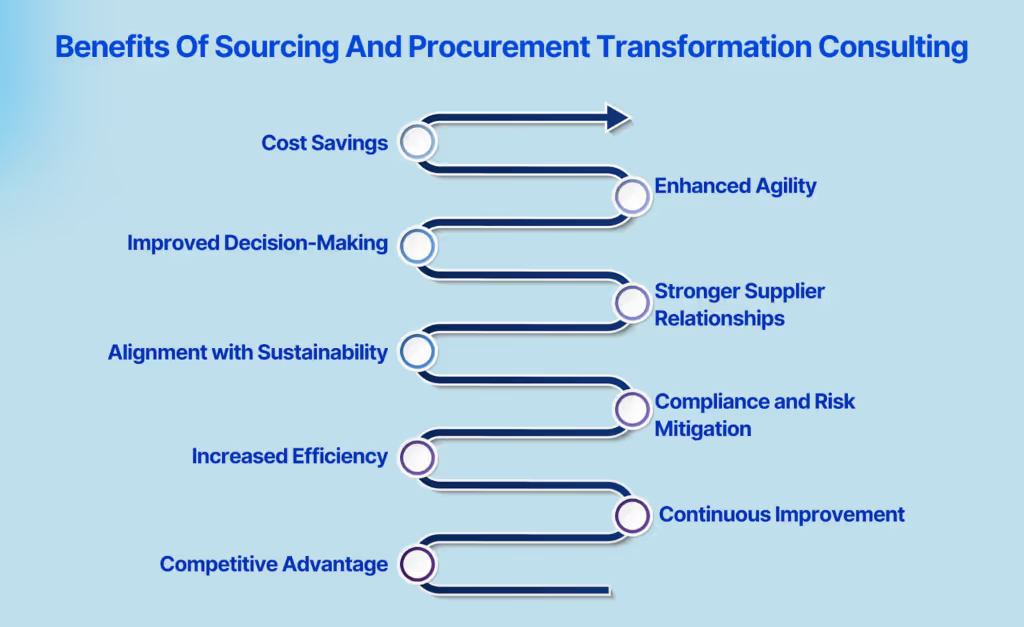
Sourcing and procurement transformation consulting helps you improve your procurement processes, save costs, and create long-term value for your business. Beyond cutting expenses, these services turn procurement into a key driver of growth, resilience, and sustainability.
Here’s how it can benefit your organization:
1. Cost Savings and Spend Optimization
You can achieve significant cost savings by analyzing your spending patterns, reducing supplier numbers, and negotiating better terms. Consultants help you streamline processes, cut inefficiencies, and lower operational expenses through technology and smart sourcing strategies. This ensures every penny spent on procurement counts, improving both short-term and long-term financial outcomes.
2. Enhanced Agility and Resilience
In today’s uncertain business world, preparing for disruptions is crucial. Consulting services help you diversify your suppliers and create risk management plans to maintain operations even during crises. With better supply chain visibility and flexible sourcing, you can adapt quickly to changing market conditions, reduce reliance on single suppliers, and strengthen your overall resilience.
3. Improved Decision-Making
You can make smarter and more strategic procurement decisions using advanced data analytics and insights. Consultants provide tools that give you real-time visibility into procurement activities and supplier performance. Predictive analytics helps you forecast future needs and align your procurement strategies with your business goals and market trends.
4. Stronger Supplier Relationships
Building strong, lasting relationships with suppliers can unlock more value for your business. Consulting services guide you in working closely with suppliers, encouraging innovation and mutual growth. Performance tracking ensures suppliers meet expectations, and expert negotiation helps you achieve favorable agreements. These efforts create partnerships that benefit both sides over the long term.
5. Alignment with Sustainability Goals
Procurement consulting integrates sustainability into your sourcing strategies, helping you meet Environmental, Social, and Governance (ESG) goals. Choosing sustainable suppliers and materials can reduce environmental impact and comply with regulations. Ethical supply chains built on fair labor practices and eco-friendly processes boost your reputation and contribute to a better future.
6. Compliance and Risk Mitigation
Staying compliant with regulations and managing risks is an essential part of procurement. Consultants ensure your processes follow all rules and standards, minimizing the risk of penalties or reputational harm. Risk management strategies address financial instability or geopolitical challenges in your supply chain while better contract management reduces legal and operational risks.
7. Increased Efficiency and Process Optimization
Consultants help you improve your workflows and automate manual tasks, making your procurement process faster and more efficient. Automation frees your team to focus on strategic work while streamlined processes reduce delays in sourcing and payments. Centralizing delays in procurement operations also brings consistency and better control across your organization.
8. Competitive Advantage
You can stand out in the market with smarter sourcing strategies and strong supplier relationships. An efficient procurement process ensures the timely delivery of quality products or services, boosting customer satisfaction. Aligning your procurement with business goals positions your company as an industry leader ready to meet market demands effectively.
9. Continuous Improvement and Innovation
Procurement consulting encourages a culture of regular improvement. By tracking key performance indicators (KPIs) and using benchmarks, you can identify areas for growth and refine your strategies over time. This ongoing process keeps your procurement practices dynamic and innovative, helping your business stay ahead in a fast-changing world.
By focusing on these areas, sourcing and procurement transformation consulting helps you improve every part of your procurement process, setting your business up for long-term success and sustainable growth.
The next section will explore how akirolabs can support your sourcing and procurement transformation goals.
Also Read: Defining the Daily Roles and Skills of a Procurement Category Manager in 2025
How Can akirolabs Help With Sourcing And Procurement Transformation Strategy?
akirolabs is an AI-powered SaaS platform that allows procurement teams to transition from a tactical function to a strategic value creator. It provides a next-generation category management approach, integrating AI and GenAI capabilities to transform sourcing and procurement strategies.
Here's how:
- Strategic Procurement Digitalization
- akirolabs moves beyond cost-saving and operational procurement by institutionalizing strategic procurement methodologies.
- It replaces disconnected tools like Excel, PowerPoint, and siloed meetings with a structured and collaborative procurement platform
- AI-Augmented Strategy Development
- The platform’s AI capabilities assist in scenario modeling, data-driven decision-making, and strategy augmentation, helping procurement teams align strategies with business goals
- akiroAssist, a proprietary AI, enhances strategy creation through automated insights, real-time market intelligence, and recommendation engines
- Integrated Procurement Strategy Execution
- akirolabs follows a structured three-phase approach: Analyze, Strategize, Realize, covering end-to-end procurement strategy execution
- Stakeholder Collaboration and Co-Creation
- The platform fosters early and continuous stakeholder involvement, allowing teams across different functions (R&D, Sales, Finance, and Operations) to co-create and validate strategies in real-time
- akirolabs reduces reliance on traditional procurement consulting firms by embedding expert methodologies and AI-driven decision support into the platform. Here’s how it replaces consulting services:
- AI-Powered Strategy Development (No External Consultants Needed)
- The platform automates and augments strategic procurement insights that consultants would traditionally provide.
- Expert Procurement Frameworks Built-In
- Instead of relying on consultants to structure procurement frameworks, akirolabs provides a pre-configured methodology based on industry best practices.
- It supports classic 7-step strategic sourcing, category management models (e.g., Kraljic Matrix), and sourcing gemstone methodologies
- Cost Efficiency – Directly Reducing Consulting Spend
- By eliminating repetitive consulting fees, organizations achieve a 4-5x higher ROI compared to traditional procurement consulting
- AI-powered decision support ensures that procurement teams gain strategic autonomy, reducing external dependency while increasing in-house capability.
Conclusion
Sourcing and procurement transformation consulting enables organizations to navigate complex supply chains while achieving efficiency, cost savings, and strategic alignment. By using advanced technologies, optimizing processes, and fostering supplier collaboration, businesses can shift from traditional models to value-driven strategies that promote agility, resilience, and sustainability. Partnering with experts like akirolabs assures tailored solutions that unlock potential, improve decision-making, and drive sustainable growth.
What makes a successful pilot with akirolabs?
We define success collaboratively with your team. Typical outcomes include strategy creation for priority categories, measurable process improvements, and internal alignment. We provide full support and a clear roadmap for evaluation.
Can I try the platform hands-on after the demo?
Yes, we offer guided pilots and sandbox environments depending on your stage in the buying process. These give you and your team the opportunity to explore features in your own context.
Can I see how akirolabs would work with our specific categories?
Yes, we can tailor the demo to showcase how akirolabs works with your specific categories and procurement structure. Let us know your priority areas in advance, and we'll customize the demonstration accordingly.
Who should attend the demo from my organization?
We recommend including key stakeholders from your procurement leadership team, category management function, and procurement excellence or transformation groups. Including business stakeholders can also be valuable to demonstrate how the platform facilitates cross-functional collaboration.
How long does a typical demo take?
A standard demo takes approximately 45-60 minutes, allowing time for a comprehensive overview of the platform and discussion of your specific requirements. We can adjust the timing based on your availability and areas of interest.
What will I see during an akirolabs demo?
During the demo, you'll see the complete akirolabs Category Strategy Workbench in action, including the collaborative workflow, AI-powered insights from akiroAssist, strategic scenario modeling capabilities, and the Strategy One-Pager feature. We'll customize the demonstration to focus on aspects most relevant to your organization's needs.
Ready to Transform Your Procurement Strategy?
There’s a better way to do procurement. This is IT.
.avif)
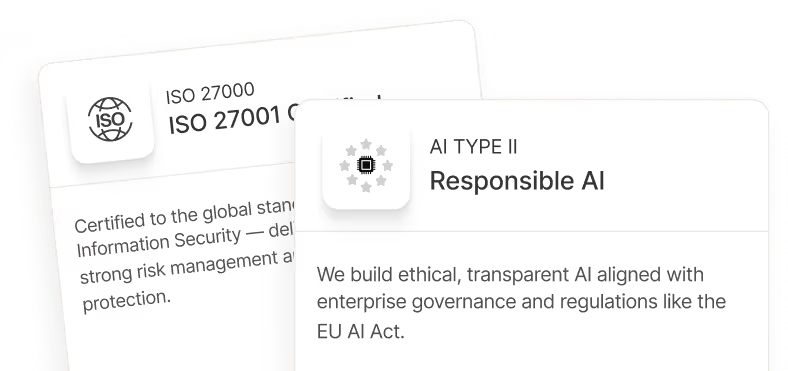







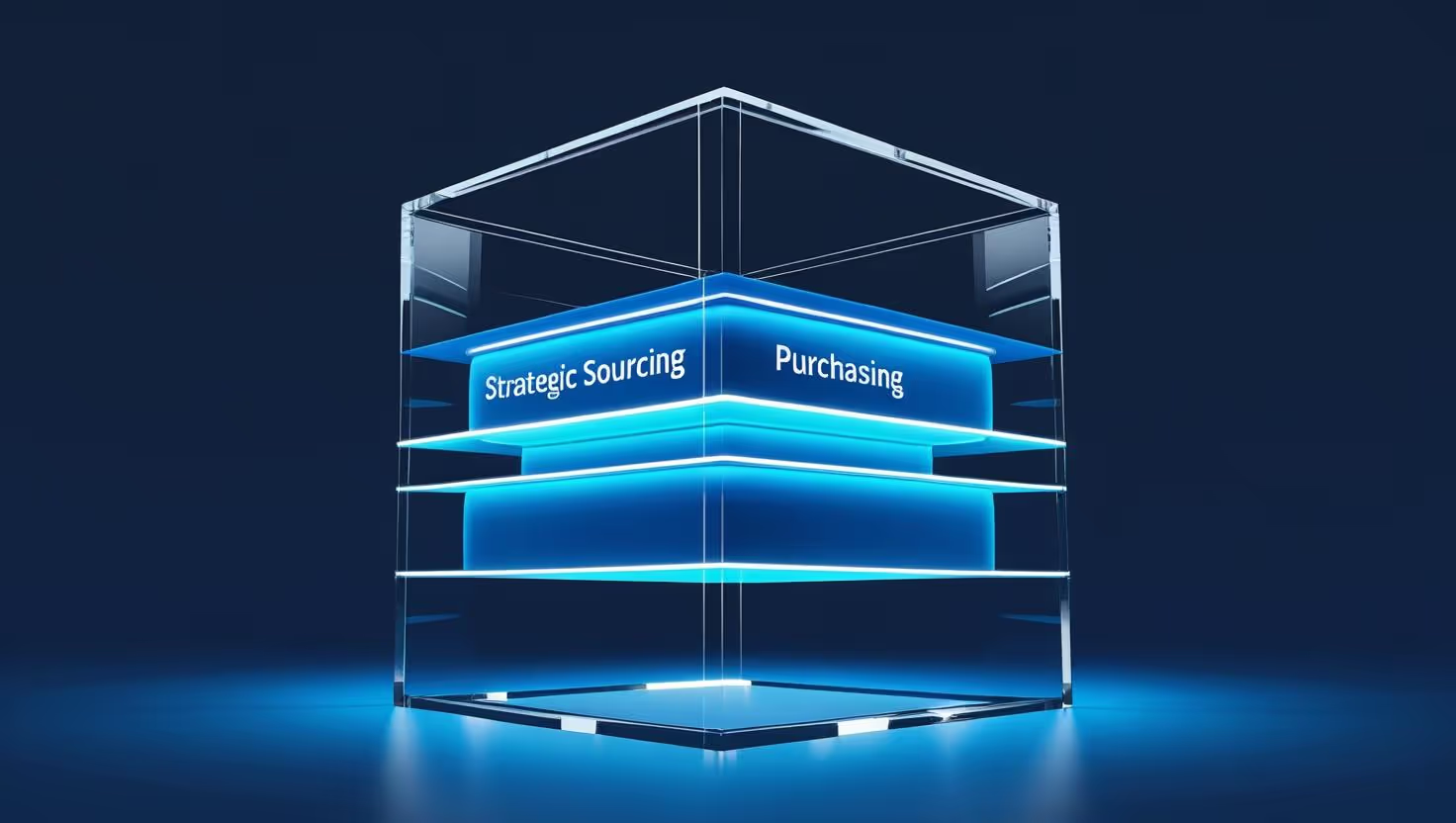


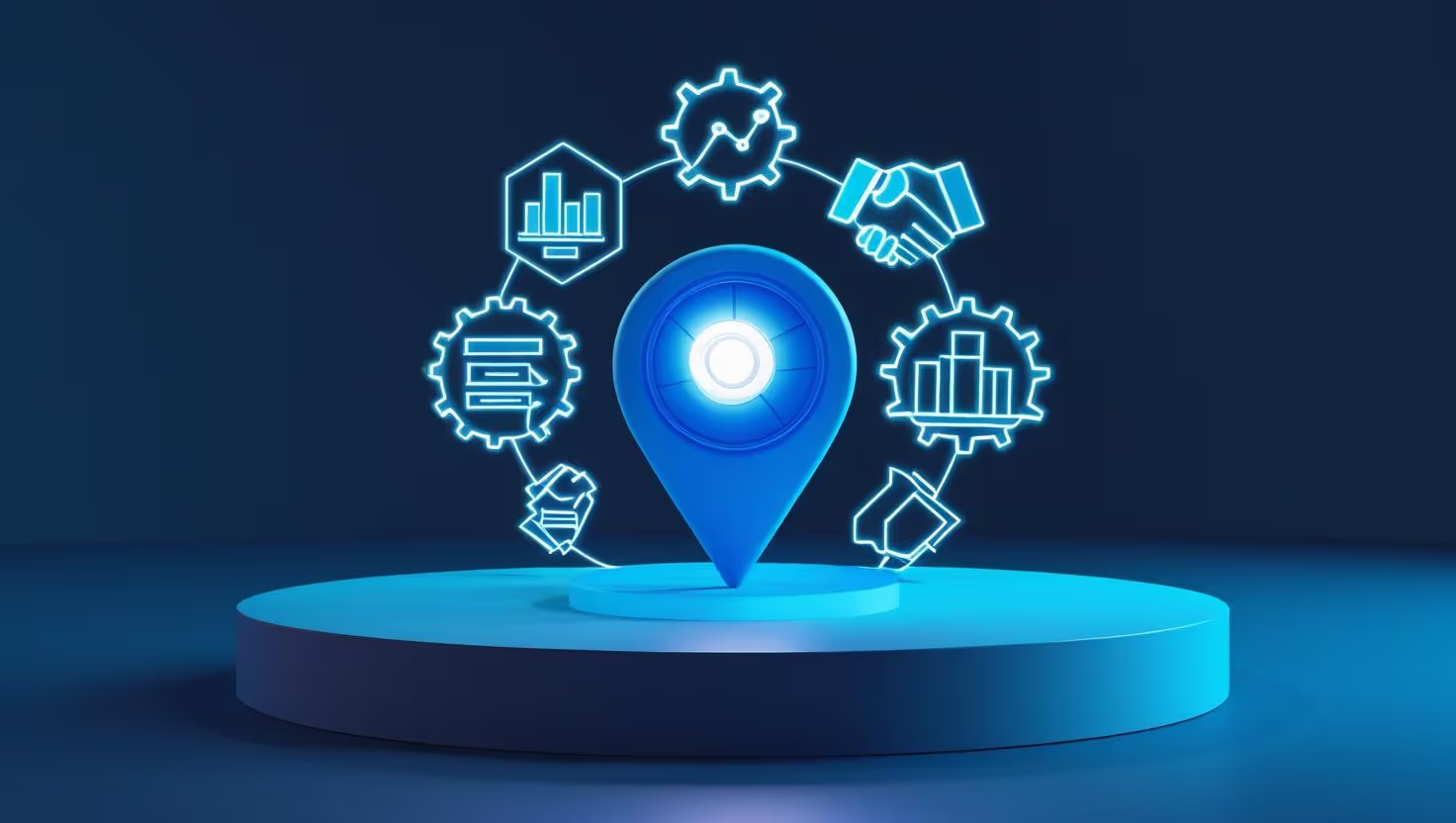





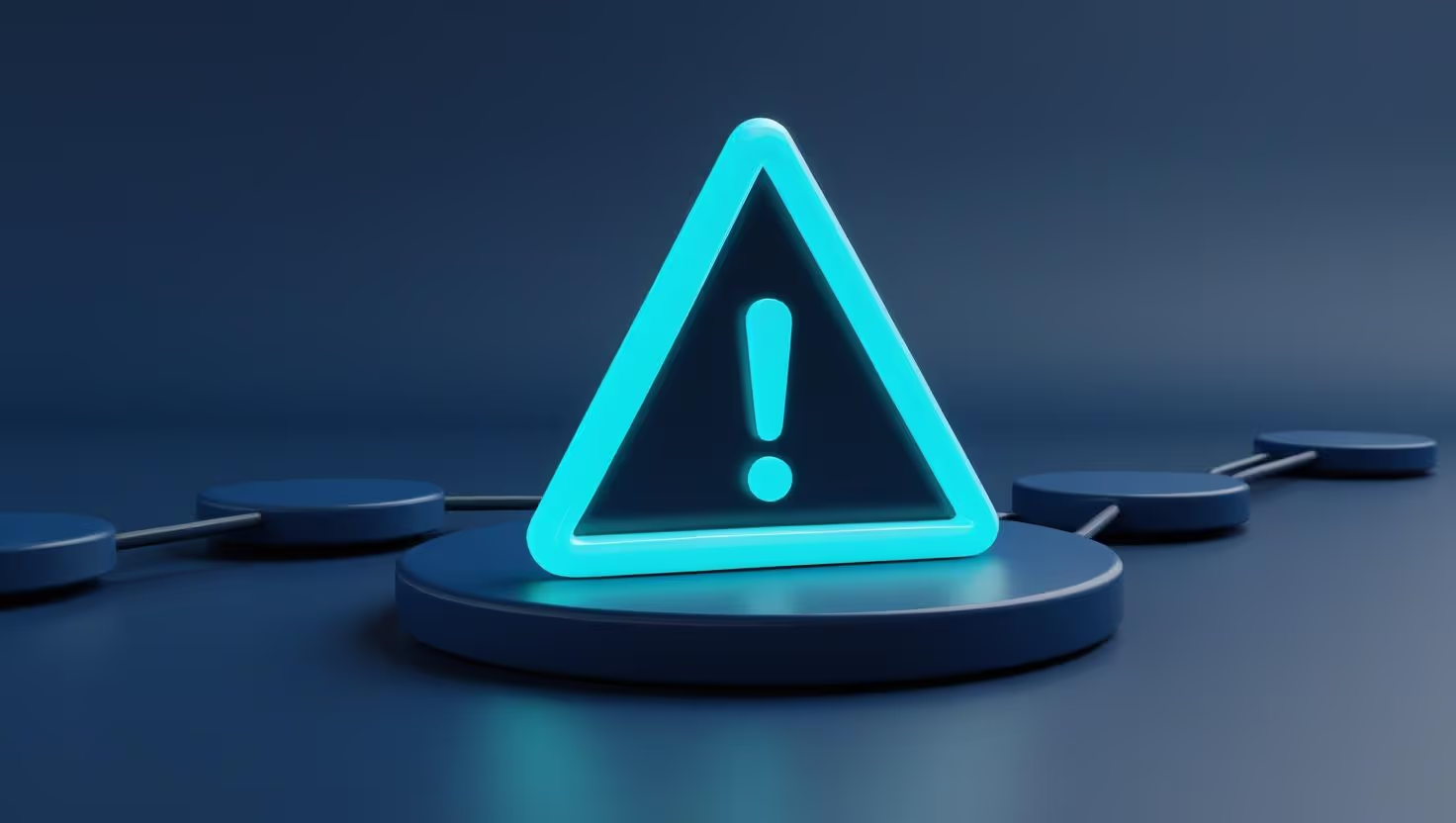








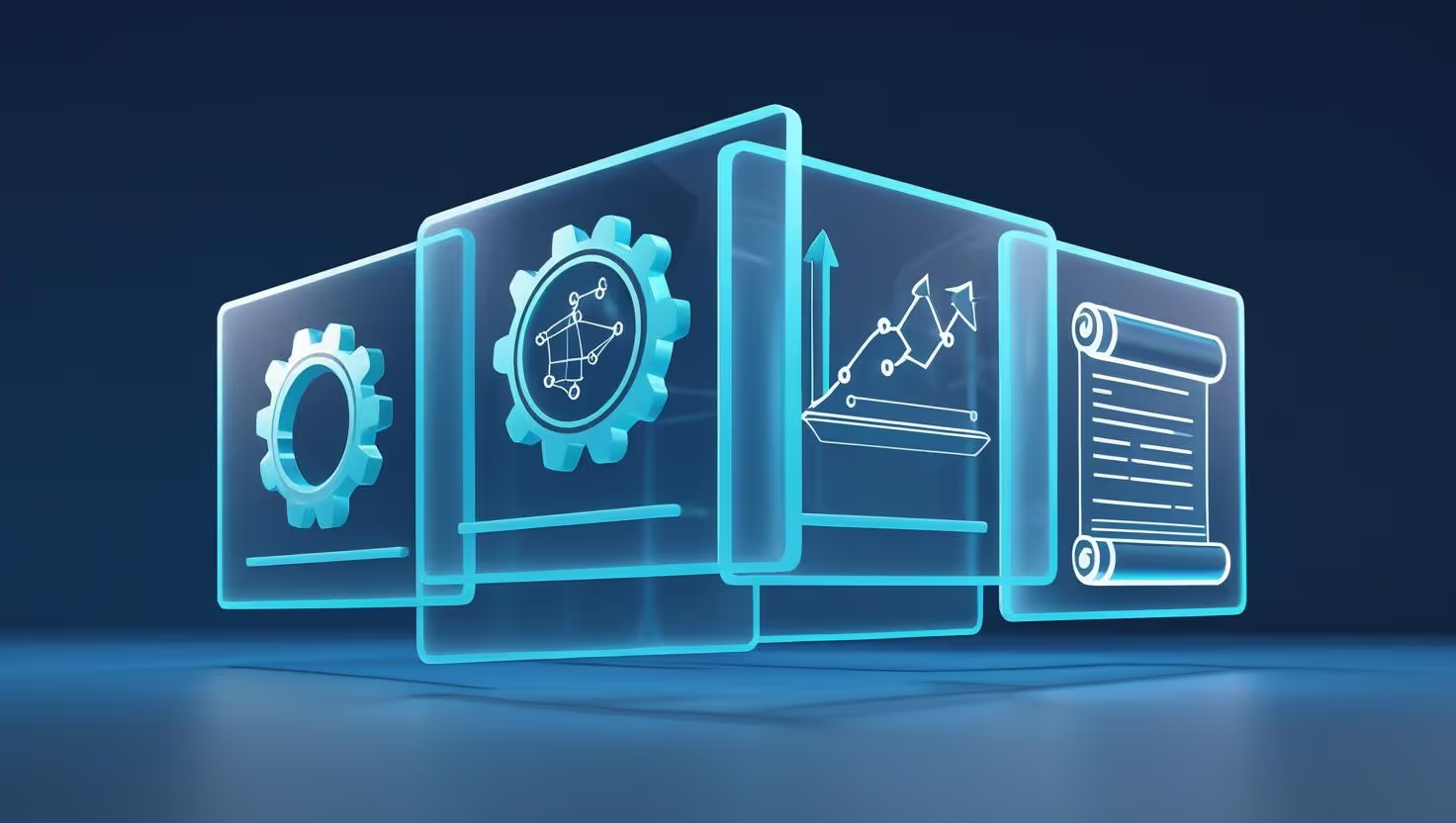




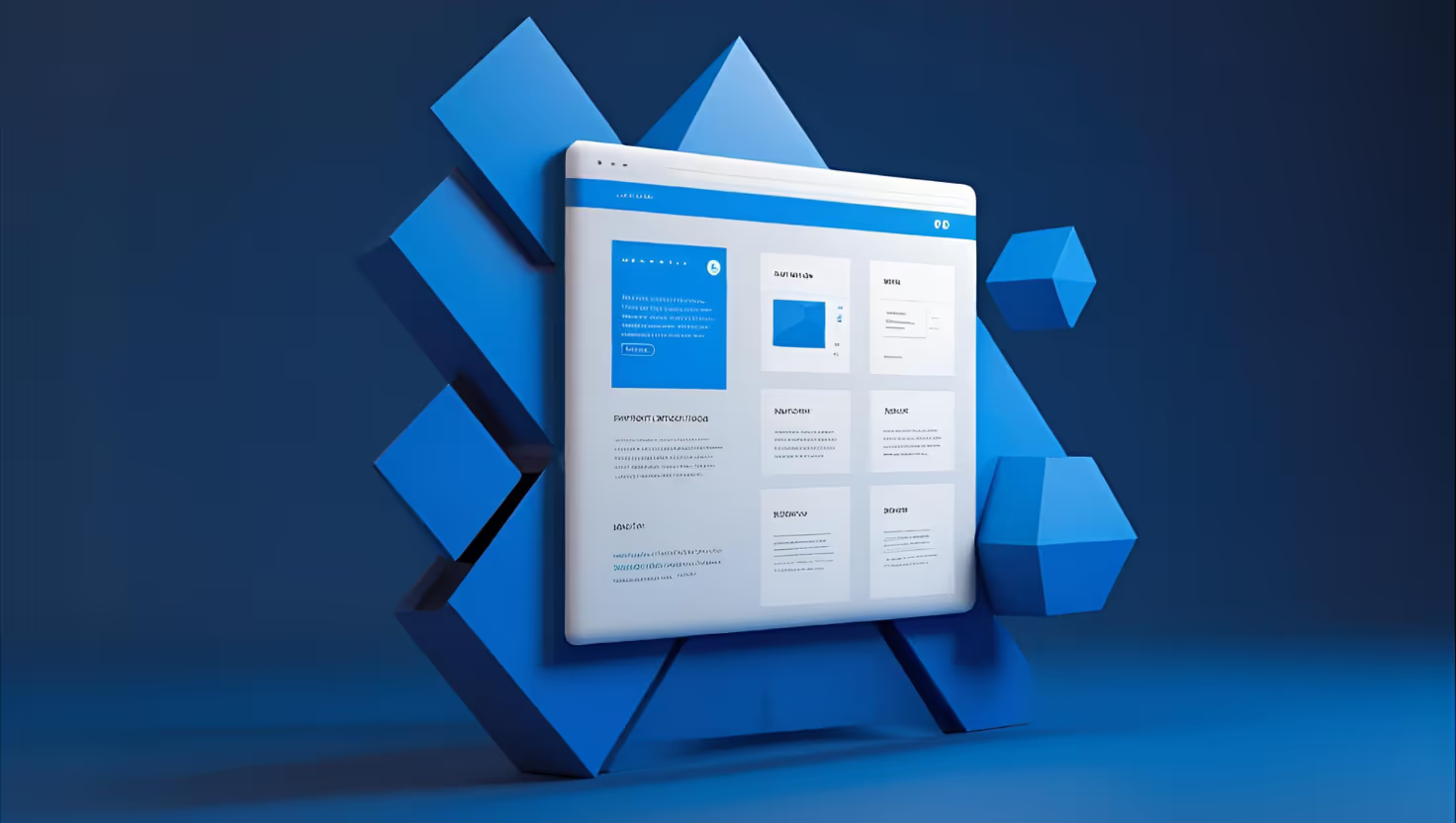










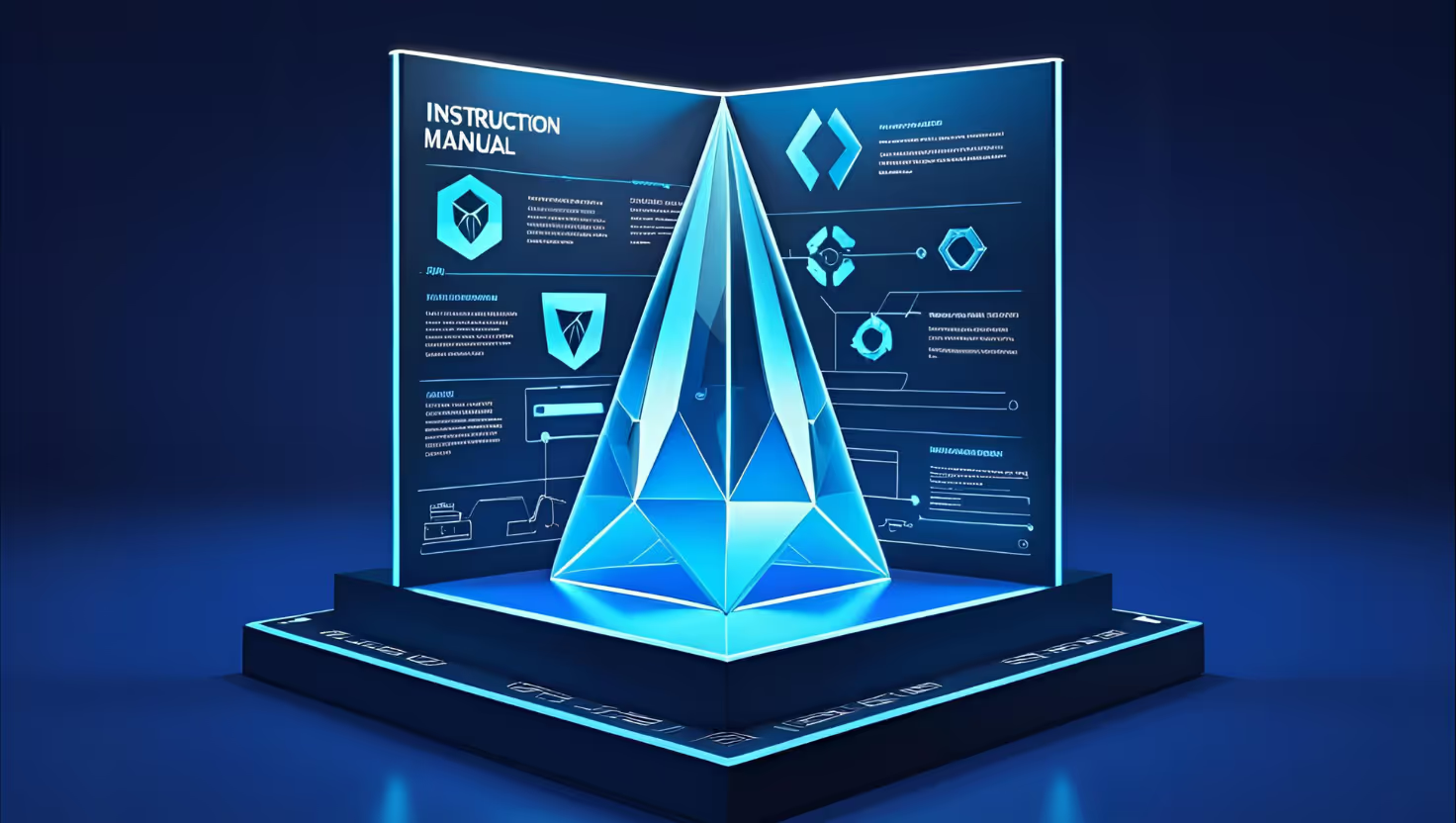




















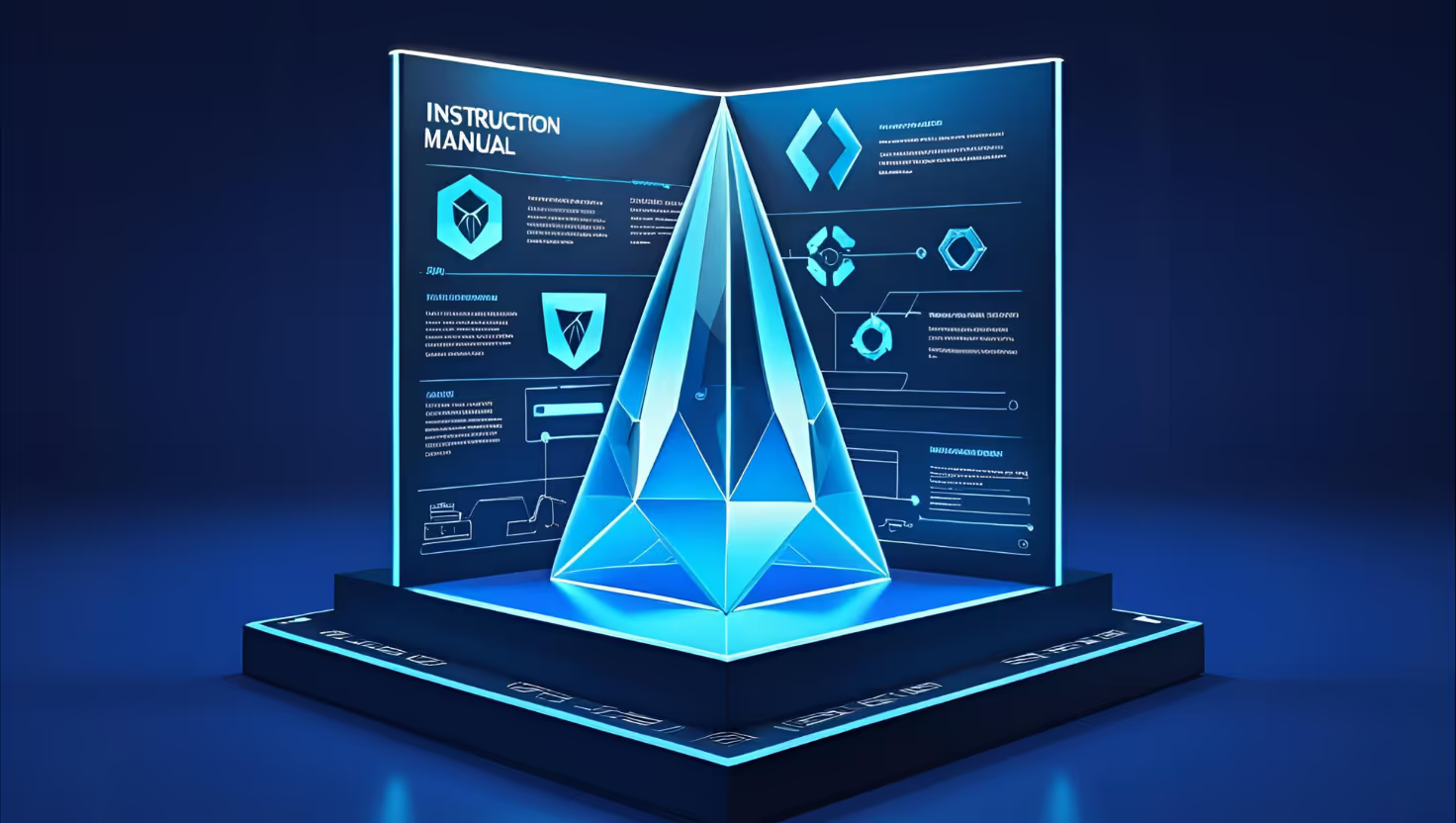










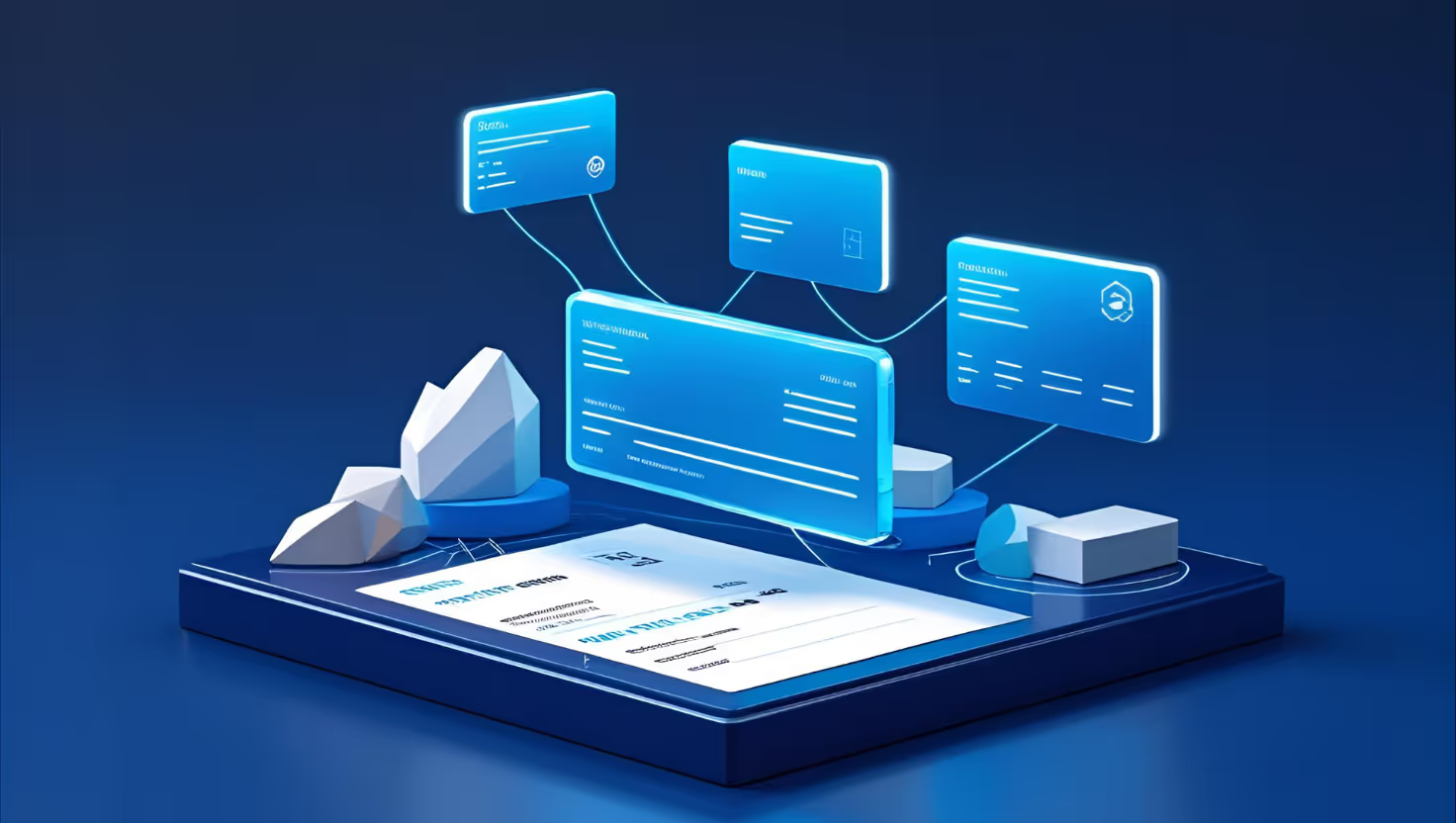










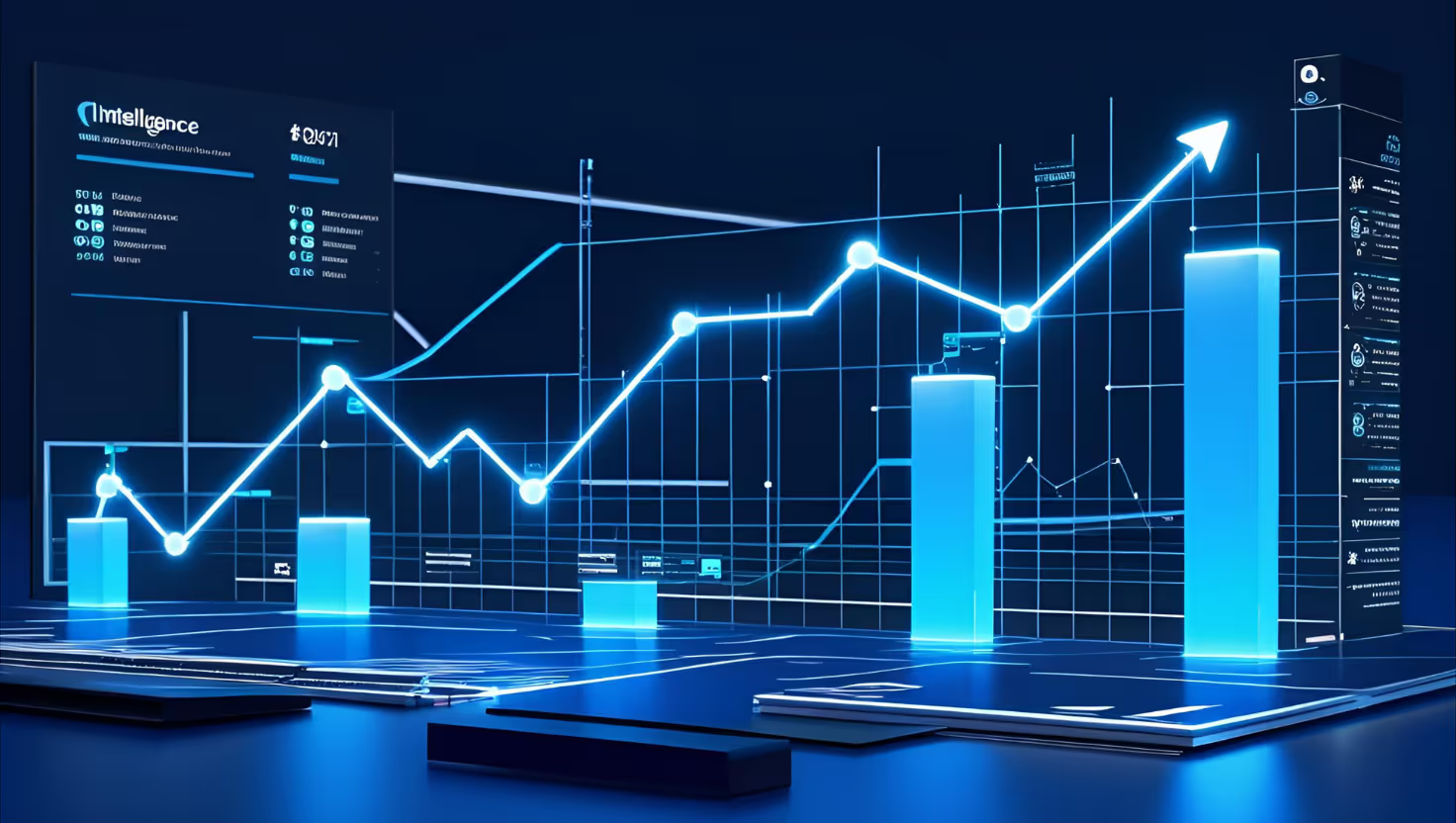
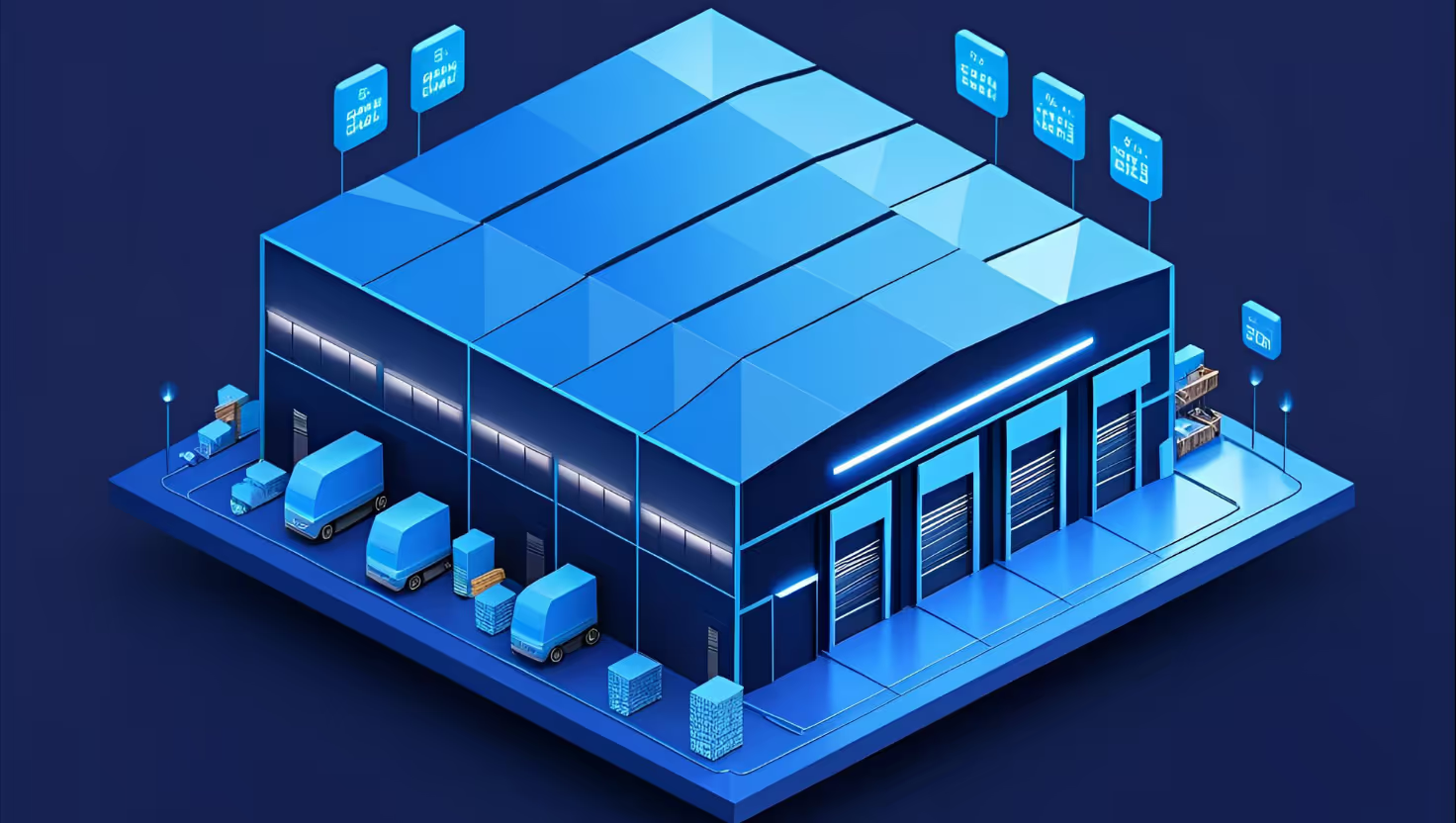

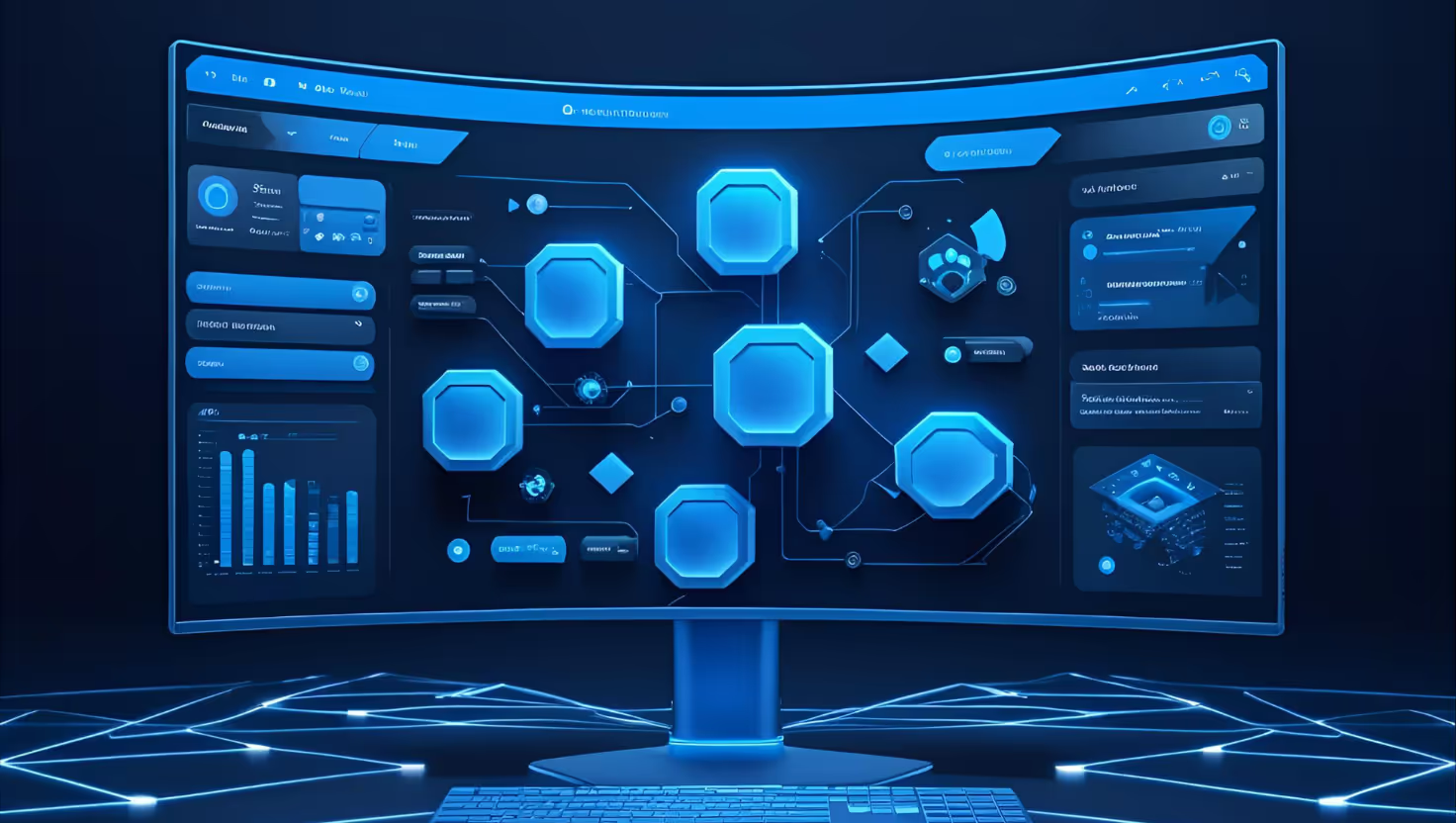












.avif)





